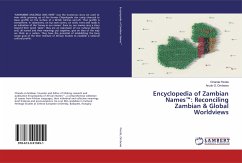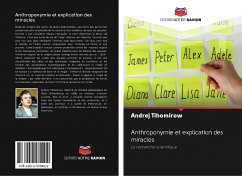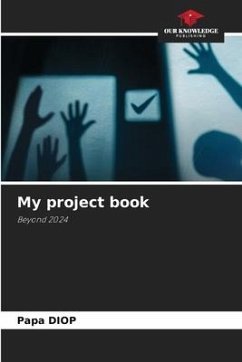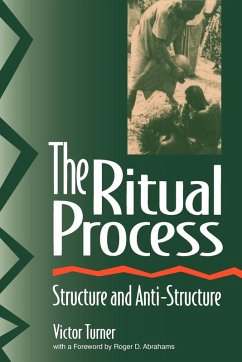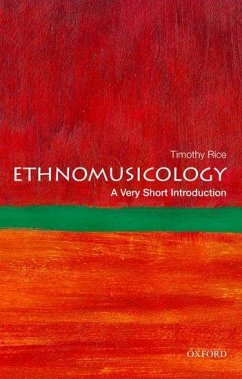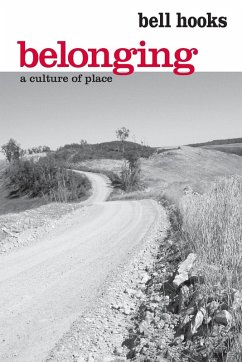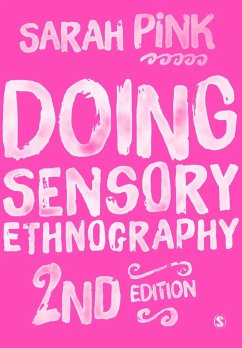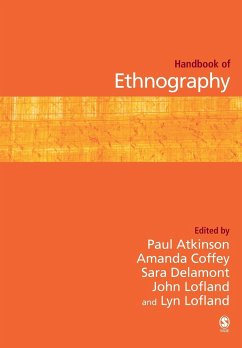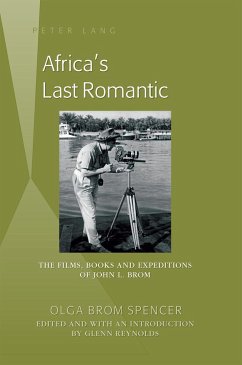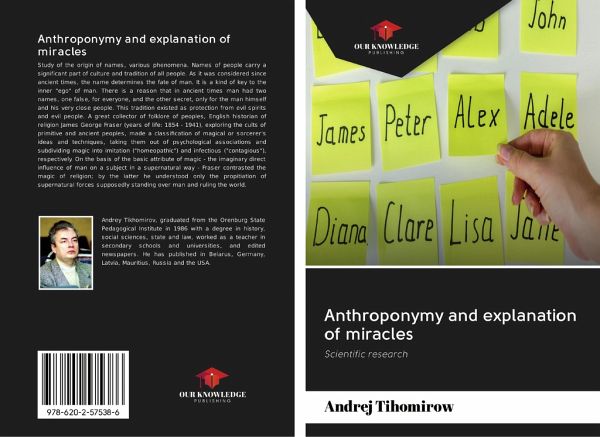
Anthroponymy and explanation of miracles
Scientific research
Versandkostenfrei!
Versandfertig in 1-2 Wochen
25,99 €
inkl. MwSt.

PAYBACK Punkte
13 °P sammeln!
Study of the origin of names, various phenomena. Names of people carry a significant part of culture and tradition of all people. As it was considered since ancient times, the name determines the fate of man. It is a kind of key to the inner "ego" of man. There is a reason that in ancient times man had two names, one false, for everyone, and the other secret, only for the man himself and his very close people. This tradition existed as protection from evil spirits and evil people. A great collector of folklore of peoples, English historian of religion James George Fraser (years of life: 1854 -...
Study of the origin of names, various phenomena. Names of people carry a significant part of culture and tradition of all people. As it was considered since ancient times, the name determines the fate of man. It is a kind of key to the inner "ego" of man. There is a reason that in ancient times man had two names, one false, for everyone, and the other secret, only for the man himself and his very close people. This tradition existed as protection from evil spirits and evil people. A great collector of folklore of peoples, English historian of religion James George Fraser (years of life: 1854 - 1941), exploring the cults of primitive and ancient peoples, made a classification of magical or sorcerer's ideas and techniques, taking them out of psychological associations and subdividing magic into imitation ("homeopathic") and infectious ("contagious"), respectively. On the basis of the basic attribute of magic - the imaginary direct influence of man on a subject in a supernatural way - Fraser contrasted the magic of religion; by the latter he understood only the propitiation of supernatural forces supposedly standing over man and ruling the world.



